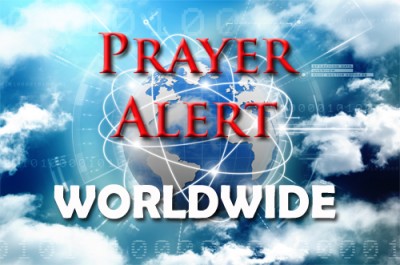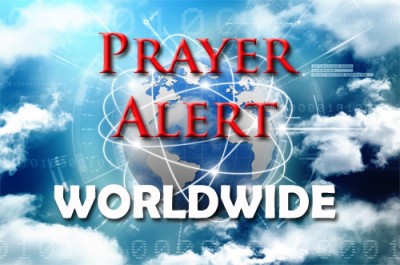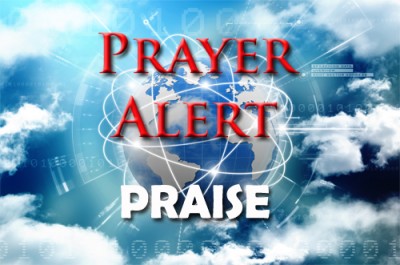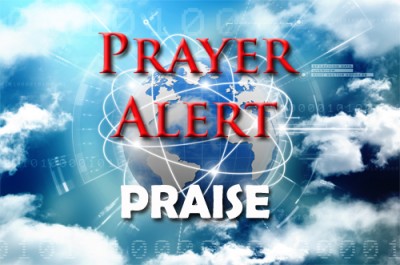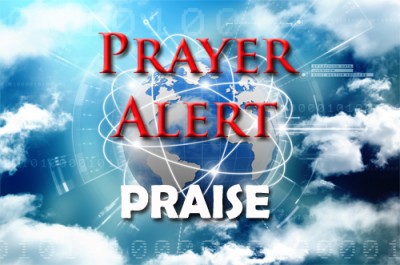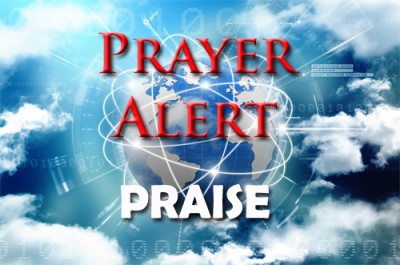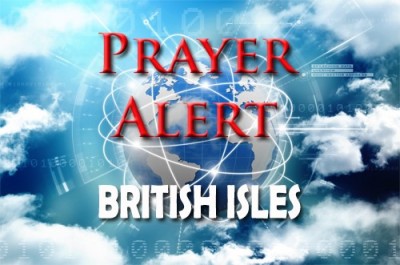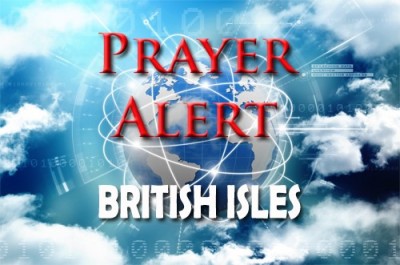USA: food chain crisis
30 Apr 2020America’s food supply chain is breaking down due to coronavirus shutdown. Meat processing plants and retailers are closed; consequently farmers and ranchers have nowhere to take their pigs, poultry and cattle and face heart-wrenching decisions about what to do with surplus animals. One Nebraska pig farmer is euthanising 500 to 600 pigs a week. Poultry farmers and cattle ranchers face similar dilemmas. Vegetable and dairy farmers face similar predicaments. Ripe crops and filled milk containers which would have gone to schools, restaurants, hotels, etc. go nowhere. With increasing unemployment, food banks are reporting double the number of families needing food and food shops cannot keep their shelves stocked for lack of supplies. The demand is there and the food is there, but the connection from farm to retail has been interrupted as the debate about reopening continues in each state.
Invite to GO2020 Global Prayer Call – May 1
24 Apr 2020On Friday 1st May at 1pm, millions of believers will stand and pray together 'online' for every believer to be a witness and for a billion people to hear the Gospel during May 2020. Many of the prayer streams, so far embracing 145 nations and including International Prayer Connect, have come together to arrange this united prayer gathering. It will be led by ministry leaders from every region of the world, including some praying children as well. During this online call, we will pray together for the global harvest in the midst of this virus crisis.
Captain Tom’s fundraising
23 Apr 202099-year-old Captain Tom Moore pledged to walk 100 laps of his garden just after hip surgery - and just before his 100th birthday (on 30 April) - to raise money for the NHS. He captured the hearts of the nation and raised over £28million for hospital sleep pods and ‘wobble rooms’ where staff can release emotions after a traumatic experience. Wellbeing packs for staff, described as ‘Hug Boxes’, provide mental health support for staff and volunteers involved in dealing with the pandemic. Electronic tablets will be available for patients in isolation, enabling contact with families. The money raised will go to NHS Charities Together. Later in the year Captain Tom will be awarded a Pride Of Britain Award at an awards ceremony.
Laptops given for online lessons at home
23 Apr 2020Poorer school children could lose out when lessons are being taught online. Now disadvantaged teenagers will be able to borrow laptops to help them study at home while schools are closed. The Department of Education is supporting 180 free online lessons for primary and secondary pupils through to year 10 with laptops or tablets for those without access to a computer, taking the pressure off parents who have children at home.
Hope with God growing
23 Apr 2020The Luis Palau Association produces a website and social media, Hope with God. It is a growing community that shares the Gospel through targeted ads and daily encouragement. Hope with God is seen by an average of 36,000 people each month, indicating a commitment to Jesus Christ through this platform. The team has seen that the number of decisions to trust and hope in the Lord has more than doubled since the Covid-19 outbreak began.
A message from International Justice Mission
23 Apr 2020‘Praise God for the compassion and creativity that survivors of bonded-labour and sex-trafficking are showing within their own communities in this season. We are so impressed by many of the survivors we serve who have overcome heart-breaking violence as they offer to distribute food aid, sew face masks, or do anything else they can to help others who are less fortunate. It has been a great surprise and delight for IJM staff to see these women and men grow in leadership and empowerment this way. Pray for their ongoing health and safety, and for God to bless their outreach within their communities.’
Faith and Police Together
23 Apr 2020Policing covers a vast range of issues. Often non-crime-related issues take up a considerable amount of time and resources where local needs are many and varied. Faith communities can help the police in numerous ways by engaging with and providing support to some of the most vulnerable within our communities. Within the National Policing Vision and Mission, faith communities can support them with their non-statutory requirements. The #FaithAndPoliceTogether vision is to see the police services in England and Wales work in partnership with faith groups to build safer communities and reduce demand. This will have an important role to play in bringing about community cohesion and transformation, The policing vision for 2025 stresses that the links between communities and police form the bedrock of British policing. These include parenting courses, youth services, addiction recovery services, supported housing, and much more.
Fake news causes fear of doctors
23 Apr 2020Smartphones and social media have connected families who are separated in lockdown. They have also generated a blizzard of dangerous fake news. In Bradford online posts of non-white patients being left to die in hospitals are being shared thousands of times among black, Asian, and minority ethnic communities. One reason for the high number of deaths in this people group is that they often live in densely overcrowded housing. Many have diabetes, high blood pressure and heart disease - all high risk factors. Dr John Wright of Bradford Royal Infirmary said, ‘I know from my work in African epidemics that where there is fear and panic, and patients become isolated from their families, it doesn't take long for rumours and fake news stories to start circulating. We have noticed that some patients are scared to be admitted, and some want to self-discharge, because they think doctors are trying to kill them.’
